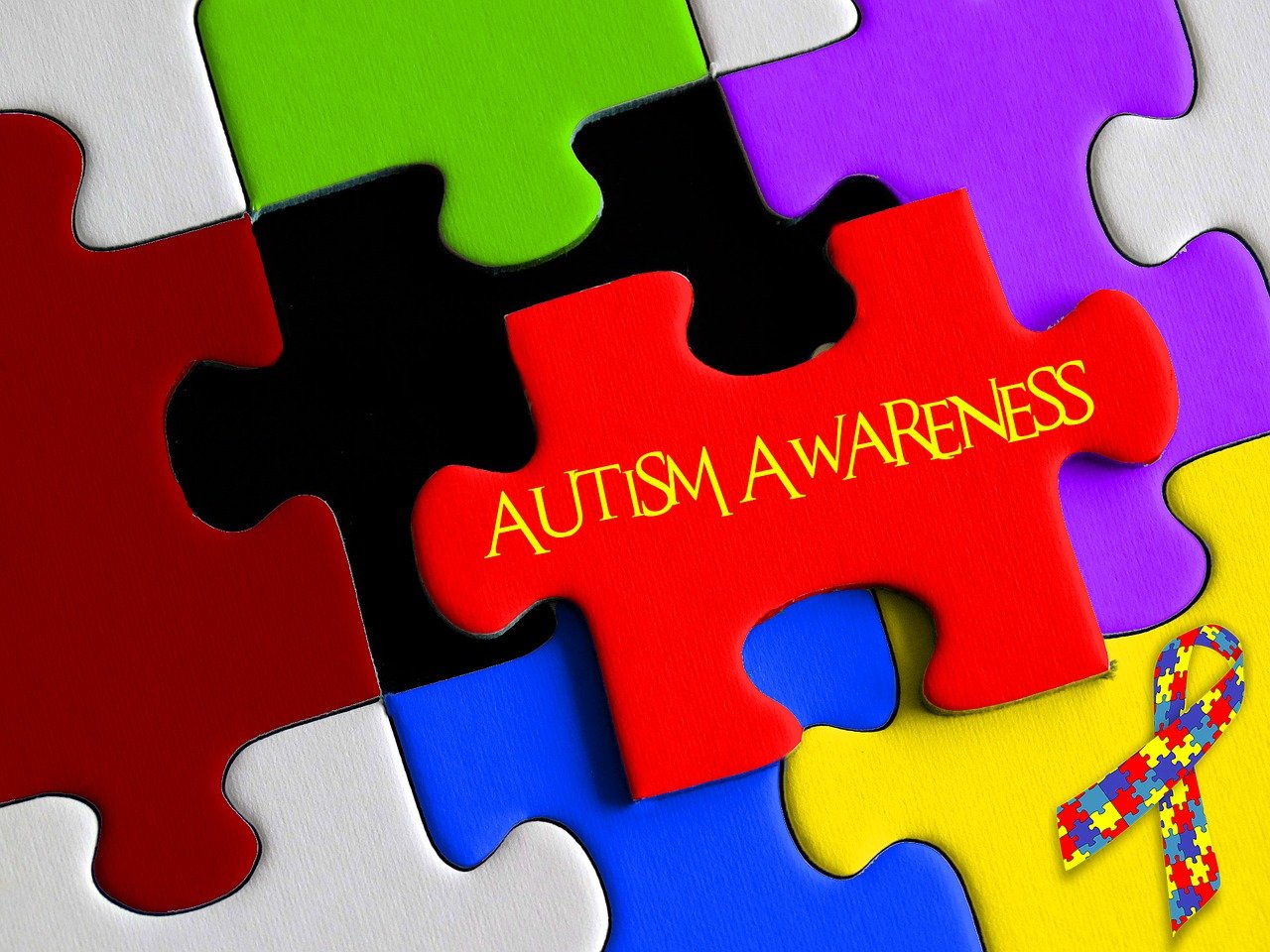
April is World Autism Awareness Month. It includes the United Nation's April 2, World Autism Awareness Day.
The purpose for designating a month and a day to autism is to "focus on sharing stories and providing opportunities to increase understanding and acceptance of people with autism, fostering worldwide support," according to Autism Speaks, the largest autism advocacy group.
According to the Centers for Disease Control and Prevention (CDC):
- Approximately 1 in 54 children have been identified with an autism spectrum disorder.
- Autism crosses racial, socioeconomic, and ethnic groups.
- Autism is 4 times more common in boys than in girls.
- 1 in 6 children ages 3-17 have a developmental disorder like autism.
You may wonder: what is an autism spectrum disorder?
What is an Autism Spectrum Disorder?
According to the CDC,
- "Autism spectrum disorder (ASD) is a developmental disability that can cause significant social, communication and behavioral challenges."
- There is no special physical characteristic that differentiates people with ASD, so it is not easily recognizable visually.
- ASD is notable for its communication, interaction, behaviors, and learning features, which differ from most people.
- ASD is a spectrum disorder because there is a wide range of learning, thinking, and problem-solving abilities between individuals. One person's ASD may not look the same as another's.
ASD is not curable. Its effects can be modified through various behavioral, occupational, speech, and cognitive behavior therapies, but last from early childhood throughout adulthood.
Diagnosis
Diagnosis relies upon an interview with a specialist called a neurologist, which is defined in MedlinePlus.
Behaviors are the key indicators of ASD. According to the CDC, "there is no medical test, like a blood test, to diagnose the disorders."
The CDC says that the following signs MIGHT indicate ASD:
- not point at objects to show interest (for example, not point at an airplane flying over)
- not look at objects when another person points at them
- have trouble relating to others or not have an interest in other people at all
- avoid eye contact and want to be alone
- have trouble understanding other people’s feelings or talking about their own feelings
- prefer not to be held or cuddled, or might cuddle only when they want to
- appear to be unaware when people talk to them, but respond to other sounds
- be very interested in people, but not know how to talk, play, or relate to them
- repeat or echo words or phrases said to them, or repeat words or phrases in place of normal language
- have trouble expressing their needs using typical words or motions
- not play “pretend” games (for example, not pretend to “feed” a doll)
- repeat actions over and over again
- have trouble adapting when a routine changes
- have unusual reactions to the way things smell, taste, look, feel, or sound
- lose skills they once had (for example, stop saying words they were using)
If you are concerned, ask your child's pediatrician if you may see a pediatric neurologist.
ASD is called "spectrum" because there is a wide variety of people who may fit under the diagnosis of ASD. This is why it is best to see a professional for diagnosis.
In order to obtain services, the neurologist will probably recommend accessing various resources in the community.
Resources
The Library has a list of resources for you. It is divided as follows:
- Questions about diagnosis
- Resources for Parents
- Social Activities for Children
Parents Helping Parents has been an especially useful resource over the years. They will aid you no matter how old you are!
If you have more questions, please use the comments section below!


Add a comment to: World Autism Month